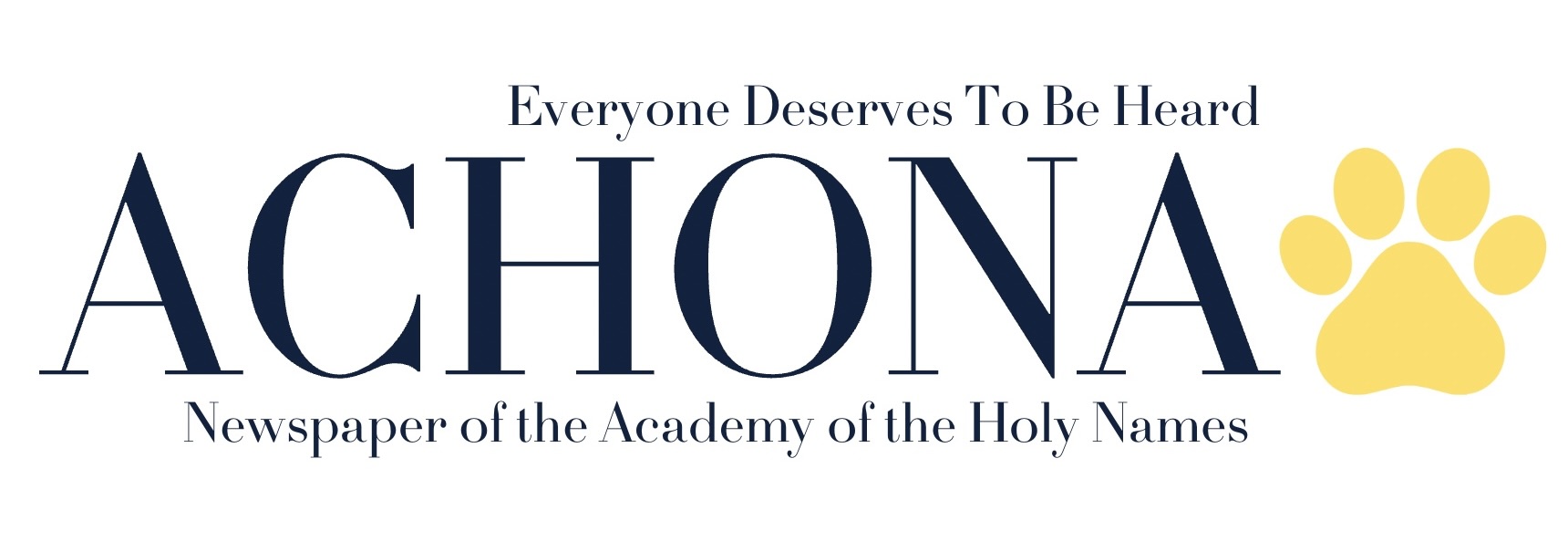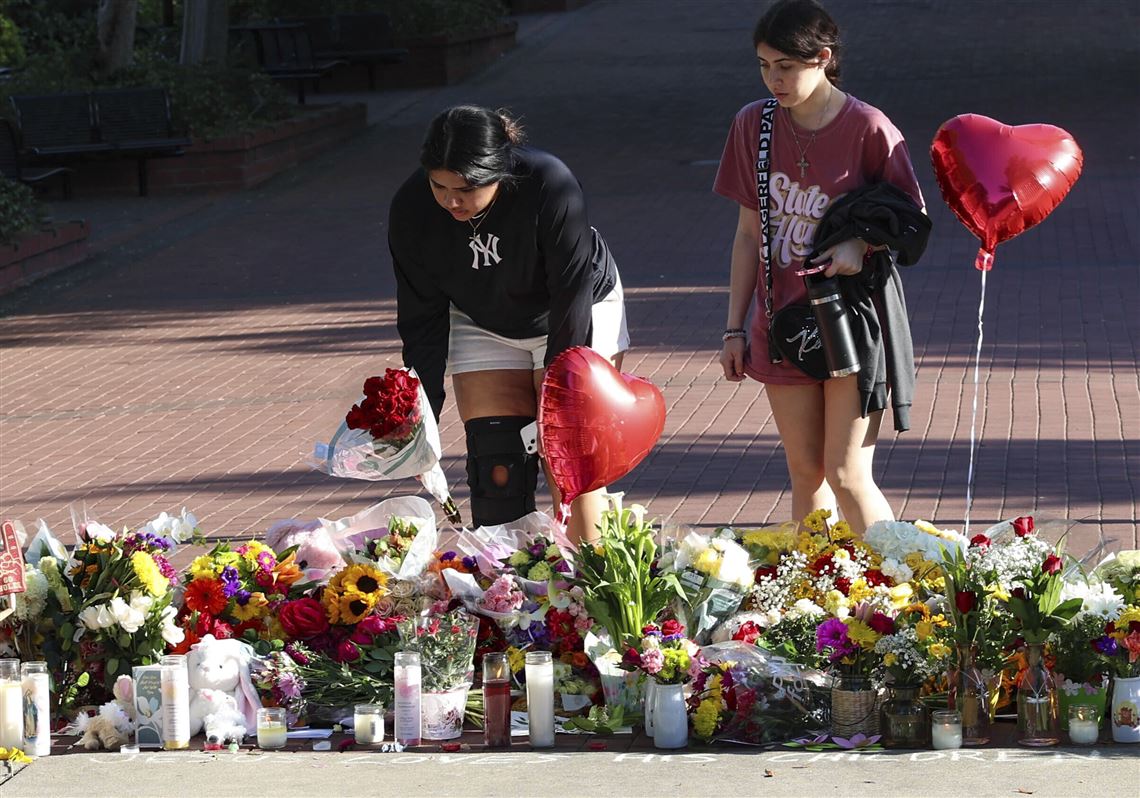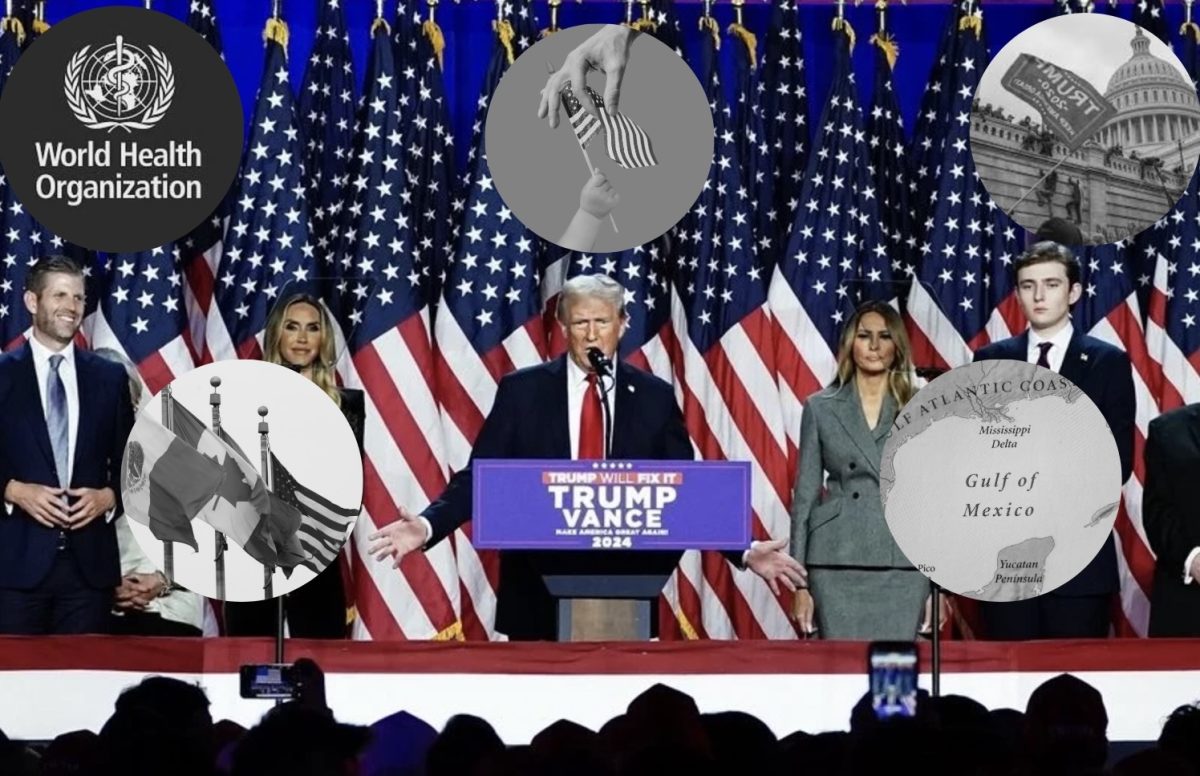SAN JOSE, Calif. — On 21st-century American campuses, is there room for Shakespeare, Sartre and Sondheim?
A declining number of students think so — a trend that worries leaders at many top universities, where engineers often outnumber humanists.
Seeking to reignite interest in the liberal arts, Stanford University last week welcomed the Class of 2015 with a rich opening volley of literature, film and philosophy designed to elevate freshmen dreams beyond that cool job at Google.
The 1,718 incoming students — nearly half of whom arrive intending to major in the sciences or engineering — heard acclaimed author and physician Abraham Verghese praise the meaning, and opportunities, of a liberal arts education. They’ll debate summer reading assignments and get a flier promoting an “Ethics and War” program, led by nuclear disarmament expert Scott Sagan.
“We’re trying to break the idea that college is just something to get through on your way to a career,” said philosophy professor Debra Satz, associate dean for Humanities and Arts. “It is a gift.”
In the humanities’ heyday of the mid-60s, more than 1 in 3 Stanford students majored in languages, literature, the arts, history, cultural studies, philosophy and religion. By 1995, only about 1 in 10 did — a figure that hasn’t budged much in a decade. Meanwhile, interest in engineering, math and computer science has climbed.
This nationwide trend is echoed in five decades of data from UC-Berkeley, UC-Los Angeles and even from tweedy Ivy League schools like Harvard, Princeton, Brown and Yale. (San Jose State and Santa Clara University don’t have long-term data, but their humanities enrollment has stayed stable over the past decade.)
At a Stanford appearance last year, Geoffrey Harpham, director of the National Humanities Center, argued that the humanities must be reinvigorated and are critical to America’s future. “The genius of this country,” he said, “is a program of education for all its citizens.”
But for students who came of age in the Great Recession, the siren song of science can be tough to resist. And as tuition rises, fewer seem willing to explore the existential question: How do I live a life of true meaning?
“I don’t see a lot of risk-taking,” said Satz. “Very few students are enrolled in courses like 19th Century France, or The Literature of Revolution.”
Economic anxiety is well-grounded, according to an analysis by Georgetown University’s Center on Education and the Workforce. Over a lifetime, the earnings of workers who majored in engineering, computer science or business were up to 50 percent higher than the earnings of those who majored in the humanities, the arts, education and psychology.
The highest median earnings went to petroleum engineers, at $120,000. By comparison, workers with a bachelor’s degree in English language and literature had median earnings of $48,000.
“Shakespeare wasn’t in it for the money. If you’re all about the money, I wouldn’t go there,” said Anthony Carnevale, one of the report’s authors. But humanities students who go on to graduate school and land jobs in tech-intensive fields do just fine, he adds.
When Stanford student Karmia Cao declared her major in creative writing, a friend gave her a button that read: “I majored in English. Would you like some fries with that?”
Of Tuesday’s new students, 25 percent said they intended to major in the natural sciences; 21 percent plan to study engineering. Humanities were the primary academic interest of 17 percent.
First-generation college students, in particular, focus on pre-professional studies, such as business, nursing and criminal justice, said San Jose State University professor of Mexican American Studies Magdalena L. Barrera. She added that only six percent of all Latino students major in the humanities.
“There’s pressure from the family to major in something practical,” said Barrera, “and a lot of students are putting themselves through school.” Many don’t recognize that skills like writing or critical thinking can open doors to good entry-level jobs.
Stanford, located in what former professor of medieval history Philippe Buc dubs “the holy land of technology,” is building a tech-leaning class through the admissions process, he said.
“Input in, output out,” said Buc. “Stanford has to decide whether it wants to be “CalTech North,” he said, building a class with more Quant Jocks than Joyce wannabes.
And because the graduation requirements for science and engineering majors have grown, there is less room left in a student’s schedule to explore other enriching subjects, like art history.
The humanities can contribute to the sciences and engineering — tomorrow’s Next New Thing might already be gestating in the mind of a poet, or linguist, or musician, said Anais Saint-Jude. With a Stanford Ph.D. in 17th-century French theater, last year she organized a conference where Google, TED Media, Sequoia Capital and others discussed opportunities in social media, marketing and product design. This year, she’s designing an internship program that helps humanities PhDs land jobs in industry.
“Technology is changing,” notes Saint-Jude. “Social networking is about connecting products to humans, and humans to humans.”
———
©2011 the San Jose Mercury News (San Jose, Calif.)
Visit the San Jose Mercury News (San Jose, Calif.) at www.mercurynews.com
Distributed by MCT Information Services
—————
GRAPHIC (from MCT Graphics, 202-383-6064 ):








